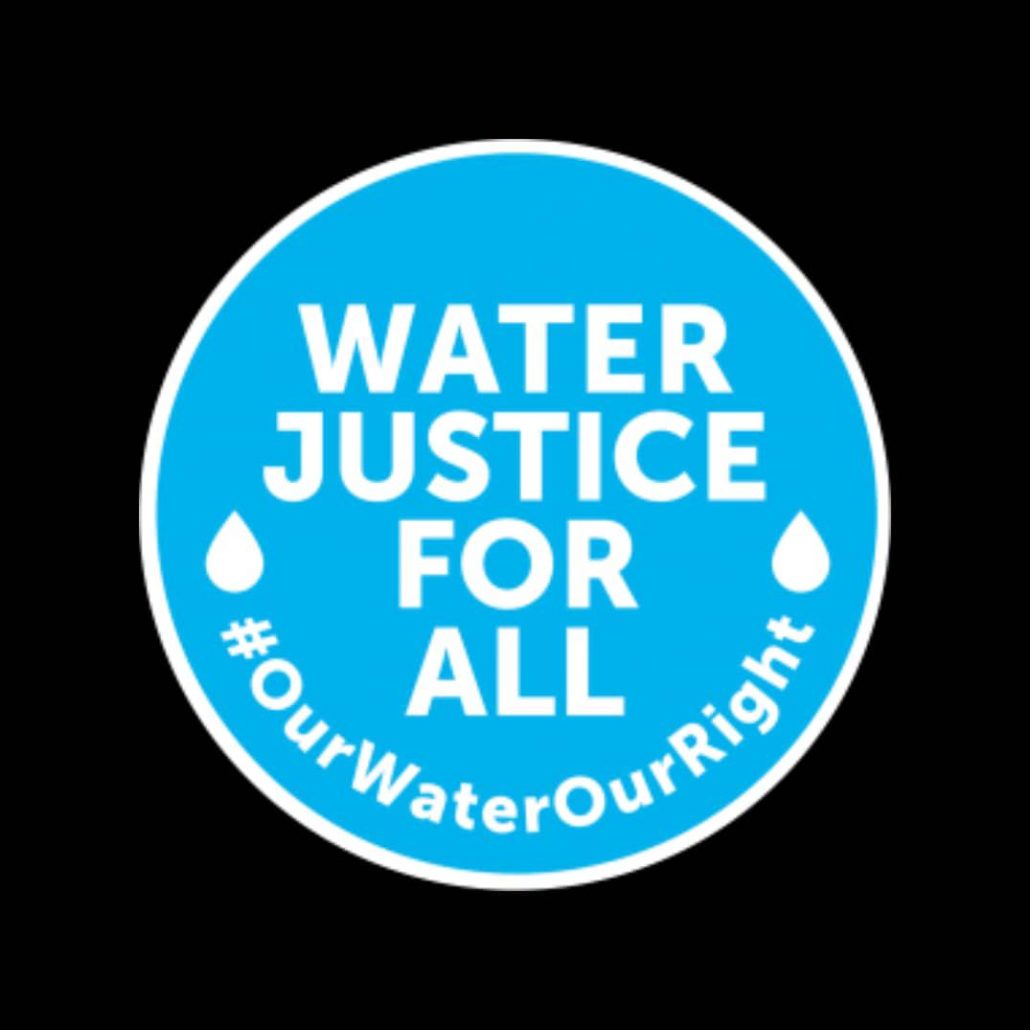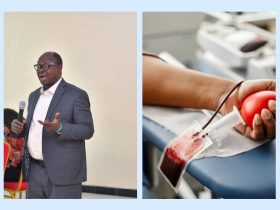

By Daniel Igboekwe
Corporate Accountability and Public Participation Africa (CAPPA), alongside nine other advocacy groups across seven African nations, has called on the Ghanaian government to act swiftly in addressing the poisoning of its water bodies, lands, and communities by illegal mining operations.
The groups, operating under the banner of the Our Water Our Right Africa Coalition (OWORAC), issued a statement in solidarity with the ongoing protests in Ghana against the destructive practice known locally as galamsey.
Galamsey, the unregulated and environmentally hazardous form of mining, has inflicted devastating harm on Ghana’s natural resources, including rivers that once sustained entire communities.
OWORAC’s statement warned that the unchecked pollution is not only endangering public health but also eroding the livelihoods of many who depend on these waters for fishing, farming, and drinking.
In a resounding appeal, OWORAC affirmed that access to clean water is a fundamental human right, recognized globally, and called on the Ghanaian government to take immediate and decisive action.
They urged authorities to initiate the remediation of polluted water bodies, impose stricter regulations on mining operations, and hold perpetrators accountable for the widespread environmental degradation.
Particularly alarming are the toxic chemicals, such as mercury and cyanide, used in illegal mining. These pollutants are seeping into vital rivers like the Birim, Ankobra, and Pra, transforming them from lifelines into lethal hazards. Communities, unable to access clean alternatives, are forced to consume and utilize these contaminated waters, leading to dire health consequences, including an increase in reproductive health issues and congenital disabilities in newborns.
OWORAC’s statement highlighted the grave repercussions of the pollution, including the closure of water treatment facilities by the Ghana Water Company Limited (GWCL) and a growing water scarcity crisis. With a worsening situation on the horizon, experts predict that Ghana could face the prospect of importing water by 2030 if no substantial actions are taken to curb galamsey operations.
Adding to the dismay, the coalition criticized the Ghanaian government’s inadequate response, pointing to the arrests and intimidation of citizens protesting the ecological crisis. Instead of addressing the root of the problem, authorities have been suppressing dissent, a tactic OWORAC strongly condemned.
Worse still, the statement pointed to political interests entangled in the illegal mining sector, revealing that government officials have publicly admitted that electoral concerns are preventing meaningful action against galamsey. With elections looming, politicians appear reluctant to disrupt a practice that, while destructive, may secure votes.
Despite these challenges, OWORAC refuses to accept the status quo. They are calling for an emergency halt to mining activities in and around water bodies and demanding that the government put public health above political expediency. They insist that the Ghanaian people deserve a government willing to protect their right to clean water, health, and a sustainable future.
By holding those responsible for this crisis accountable and pushing for urgent reform, OWORAC and its partners hope to reverse the tide of environmental degradation and ensure a better future for Ghana’s water bodies and its people.





Leave a Reply
View Comments